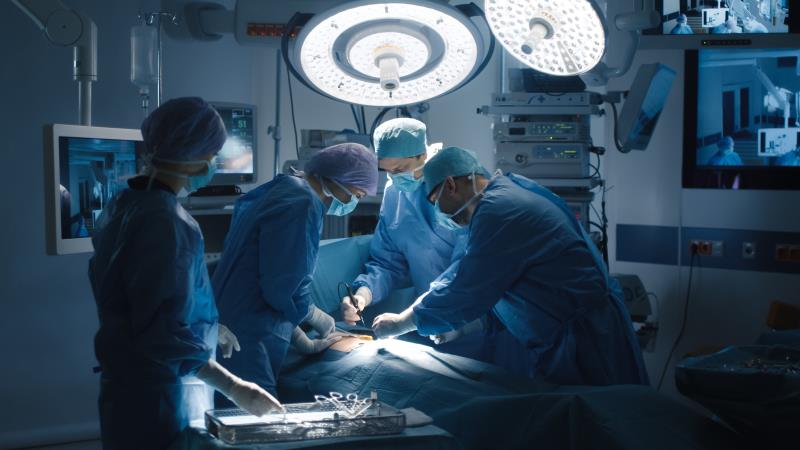
The novel coronavirus disease (COVID-19) outbreak is far from over, and governments across the globe are struggling to contain the spread of this highly infectious disease so as not to overwhelm hospitals and the entire healthcare delivery system.
In response to this threat, guidelines have been proposed particularly in the Western surgical community in anticipation of a surge in COVID-19 cases. These recommendations were set to prioritize resource preservation and safety of surgeons. [www.rcseng.ac.uk/coronavirus/joint-guidance-forsurgeons-v1/; www.facs.org/covid-19/clinical-guidance/elective-case]
For instance, elective procedures were asked to be cancelled, focusing only on emergency operations and elective cancer surgeries. [www.sages.org/recommendations-surgical-response-covid-19/; https://gi.org/2020/03/15/joint-gi-society-message-on-covid-19/; www.rcseng.ac.uk/coronavirus/joint-guidance-forsurgeons-v1/; www.facs.org/covid-19/clinical-guidance/elective-case]
These recommendations were primarily derived from guidelines based on experience from Italy and China. In some countries, however, decisions to continue with elective surgeries have been opposed and criticized. [Br J Surg 2020;doi:10.1002/bjs.11627; Ann Surg 2020;doi:10.1097/SLA.0000000000003924; www.surgeons.org/news/media-releases/medical-colleges-express-graveconcerns-at-federal-government-move-to-extend-private-hospital-elective-surgerydeadline]
In Singapore, elective cases have been allowed to continue due to the establishment of “measures in hospitals to ensure clinical stratification and judicious postponements, staff segregation in general surgical departments to maintain business continuity and provide optimal surgical care, and individual responsibility of surgeons.” [Singapore Med J 2020;doi:10.11622/smedj.2020049]
However, the spike in imported COVID-19 cases in recent weeks has raised the call anew for a “heightened alert” to the dangers posed by viral transmission during surgery, as well as the constant consideration of resource allocation and preservation “to facilitate deployment and resource devotion if required by the frontline such as the emergency department and intensive care unit.”
In the course of the COVID-19 pandemic outbreak, general surgeons are advised to consider the following principles:
1. All surgical patients must undergo mandatory presurgery screening to determine their risk of COVID-19 infection. Apart from travel history, information collected could include contact with those on home quarantine or stay home notices. Postponement can be considered.
2. Elective surgery should only be performed for diseases that are time-sensitive (eg, cancers, limb salvage, symptomatic benign disease with risk of infections or deterioration).
3. Emergency surgery should be performed promptly but only with adequate staffing and personal protective equipment (PPE).
4. Aerosol-generating procedures such as laparoscopy and endoscopy can continue, but additional measures should be considered. Surgeons and operating room (OR)/endoscopy staff should be in full PPE, including N95 respirators or powered air-purifying respirator. Adequate air-exchange times in the OR should be considered if laparoscopy surgery is performed. Minimal staff should be present in OR during laparoscopic surgery.
5. Sensible consumption of PPE should be practiced. Risk stratification of patients is important to avoid over-depletion of PPE supplies.
6. Surgical policies may have to change as the pandemic disease burden evolves.
“While the above measures are by no means exhaustive, these guiding principles help to align some of the perspectives that all general surgeons can adopt in the coming weeks to months,” the authors said. “Our fight against the COVID-19 pandemic is just beginning, and all surgeons must be fully ready for the difficult period ahead.”